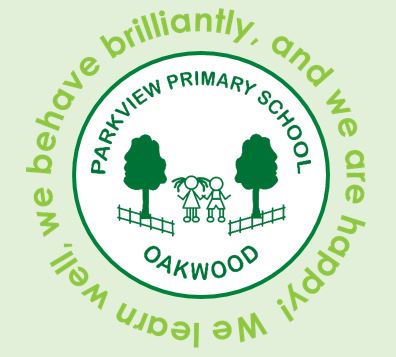E-Safety
E-safety is a priority at Parkview Primary School. If you have any concerns about your child's, or another child's online safety, please email a member of our safeguarding team, who will be more than happy to help and advise safeguarding@parkview.derby.sch.uk
Useful parent links:
Child Exploitation and Online Protection (CEOP)
The Child Exploitation and Online Protection centre provides useful guidelines and advice for teachers, parents and children. Thinkuknow.co.uk is the CEOP Centre’s online safety centre. You will find advice and tips for children and adults.
E-Safety Advisor
Please find below the link to the E-Safety Advisor website. Here are regularly published newsletters on e-safety which cover a wide variety of issues facing the use of technology, such as cyber bullying, live streaming and discuss safety when using social networking and media sites like YouTube and Twitter.
http://www.esafety-adviser.com/latest-newsletter/
Net Aware
This is a really useful link with information about various apps that the children use and gives a brief description about them. It also gives the pros and cons of children using each app.
It gives parents' views on the app, children's views and also expert views (from 02 gurus). As well as this, it tells parents what conversations to have with the children before they use the app.
https://saferinternet.org.uk/resource/o2-nspcc-net-aware
Guide to screen addiction
Useful documents for families:
